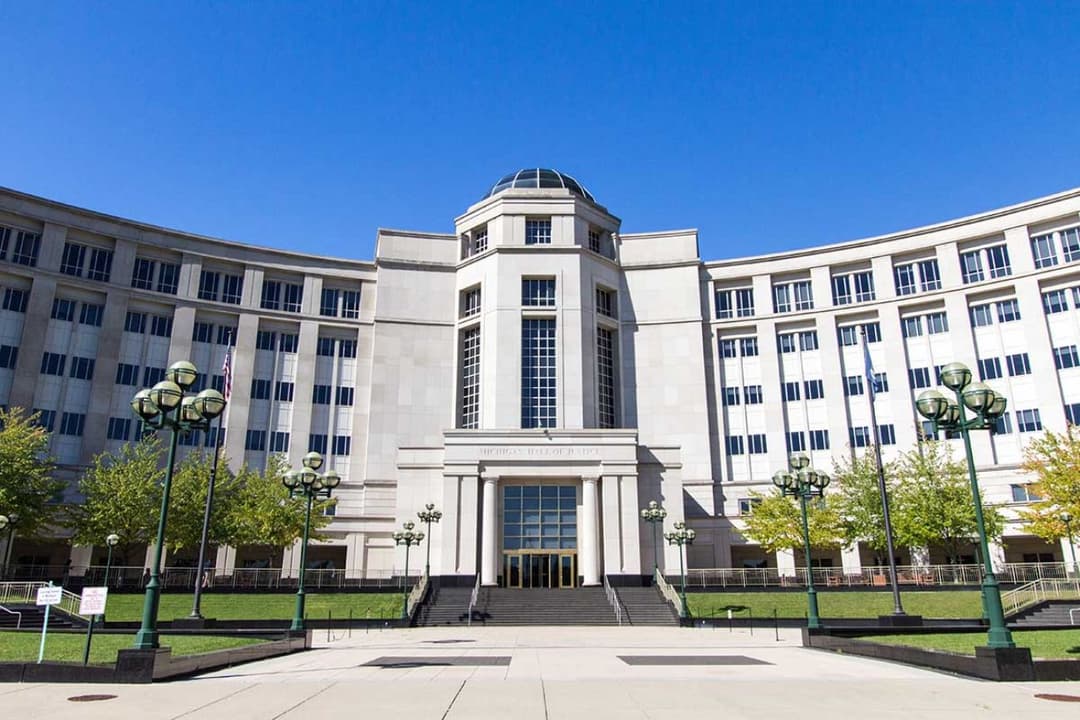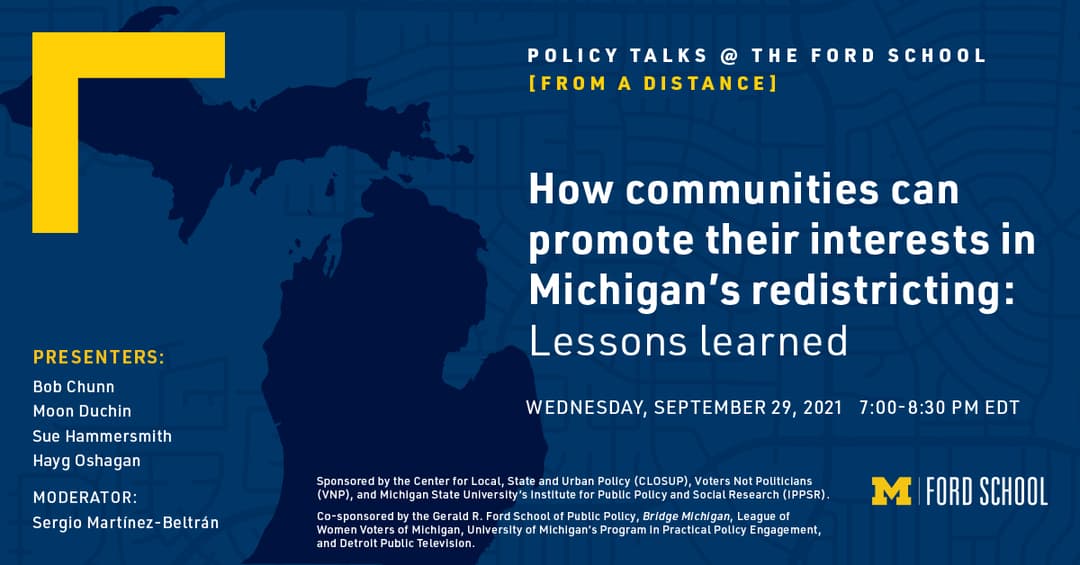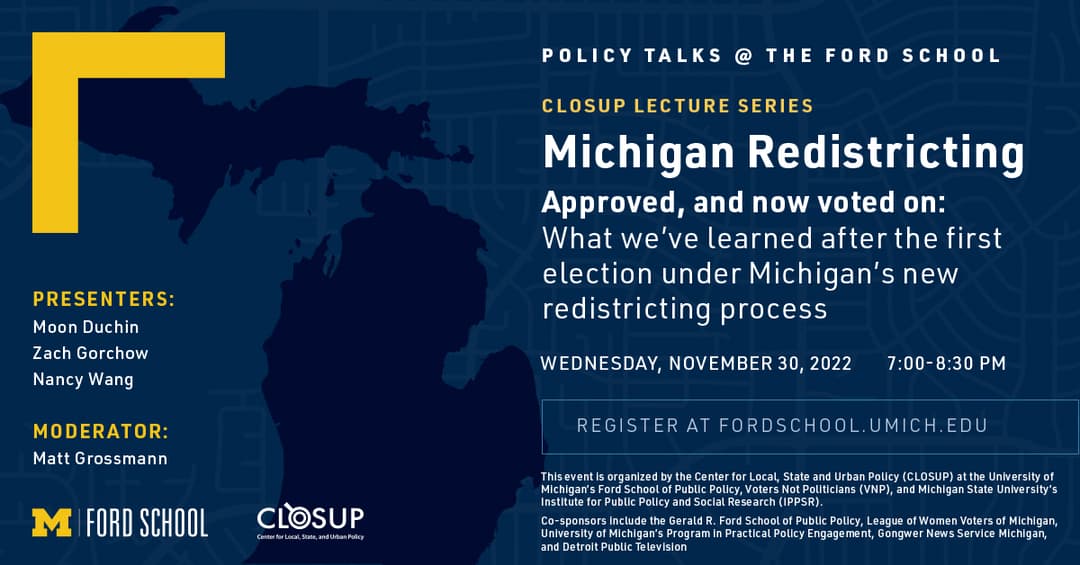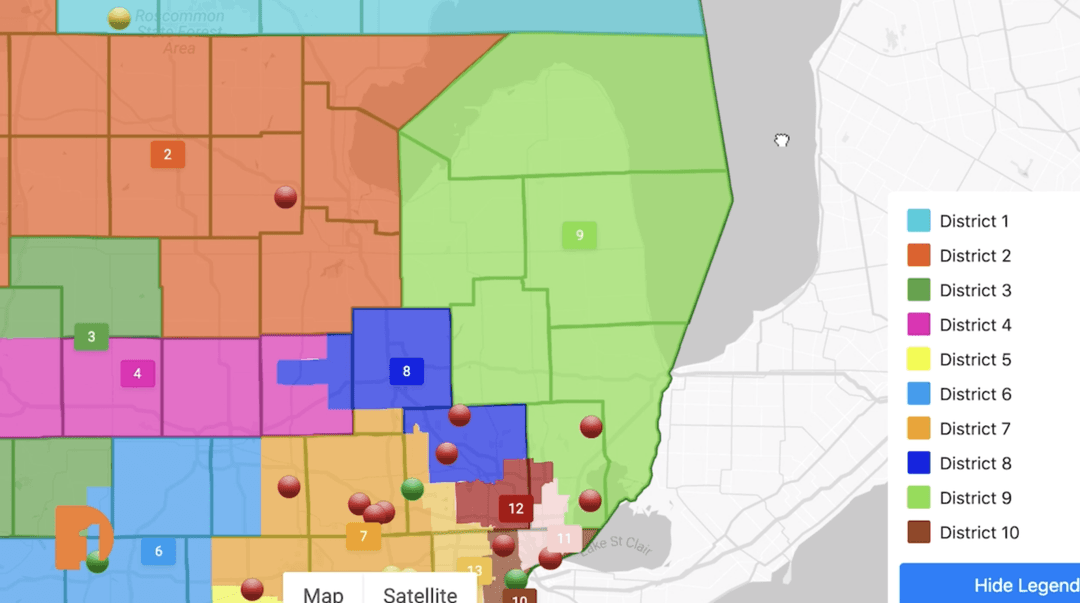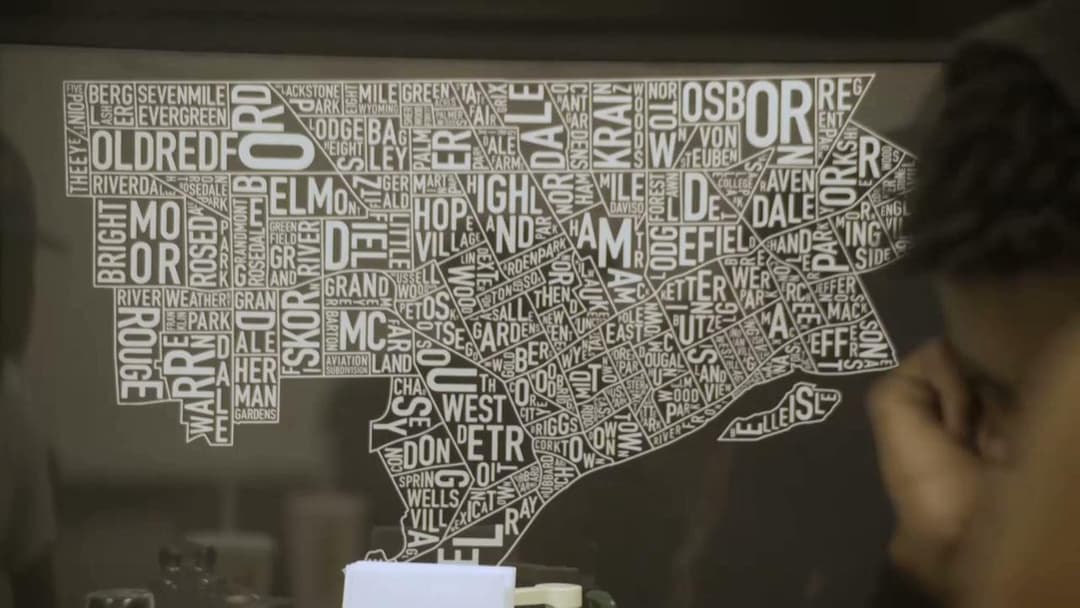
BridgeDetroit | Lawmakers, News Outlets Blast Ongoing Secrecy of Michigan Redistricting Panel
Nov 16, 2021
LANSING— Michigan’s redistricting panel has continued to keep private information members used to draw districts in Detroit, prompting complaints that members are betraying their own transparency promises.
Last week, Bridge Michigan and the Michigan Press Association issued a joint letter to the Michigan Independent Citizens Redistricting Commission asking it to immediately make public two attorney memos discussed behind closed-doors on Oct. 27.
The memos were titled “Voting Rights Act” and “The History of Discrimination in the State of Michigan and its Influence on Voting.”
The discussion of the memos happened as the panel received pressure from Black residents to create majority-Black districts in the state.
“Discussing issues as vital as minority representation in private violates the spirit, if not the letter, of the law — and sullies an otherwise grand experiment in open government and democracy,” John Bebow, the president and CEO of The Center for Michigan, the nonprofit that operates Bridge Michigan, and Lisa McGraw, the manager of the Michigan Press Association, wrote on Nov. 5.
On Friday, Julianne Pastula, the panel’s general counsel, said it was treating the letter as a records request under the Michigan Freedom of Information Act. She said a response would be issued by Dec. 2, which could delay release for three weeks.
This is significant, since the commission is about to enter a 45-day public comment period for the maps they constructed with information most likely to appear in the two memorandums discussed behind closed doors.
The 13-member panel was conceived in 2018 after activists pushed for a more transparent and open process to draw district boundaries for state House and Senate and congressional districts.
Previously, the party in power at the Michigan Legislature would draw the lines in secret. This led to some of the most gerrymandered districts in the country.
Bridge Michigan asked on Oct. 27 for all or part of the memos discussed, but the commission’s communications director, Edward Woods III, declined to provide them.
In a follow-up email to Pastula and the commission’s executive director Sue Hammersmith Friday, Bebow said the commission was acting like the “Moscow Redistricting Commission.”
“Frankly, Ms. Pastula and Ms. Hammersmith, hiding these documents and discussions behind closed doors is total bullshit,” Bebow wrote. “Do your jobs and release the documents.”
For the rest of the story, check out BridgeDetroit’s website.
Stay Connected
Subscribe to One Detroit’s YouTube Channel and don’t miss One Detroit on Thursdays at 7:30 p.m. and Sundays at 9 a.m. on Detroit PBS, WTVS-Channel 56.
Catch the daily conversations on our website, Facebook, Twitter @OneDetroit_PBS, and Instagram @One.Detroit
Related Posts
Leave a Reply
Your email address will not be published. Required fields are marked*






